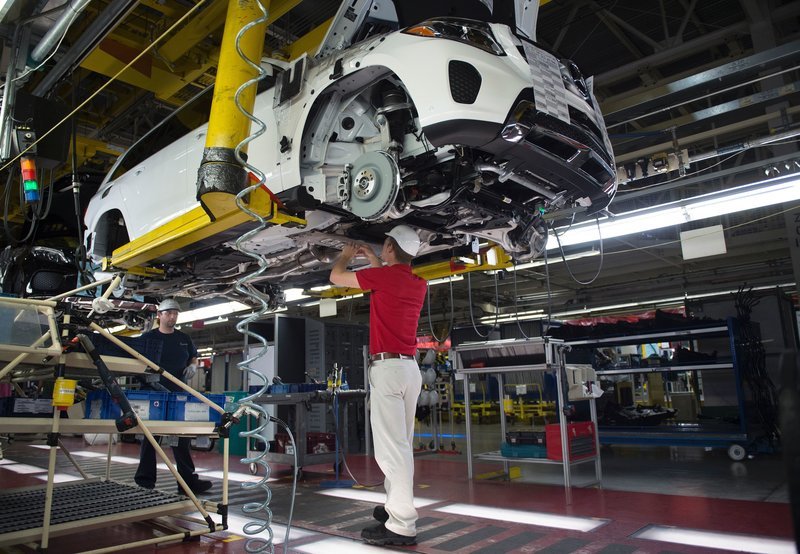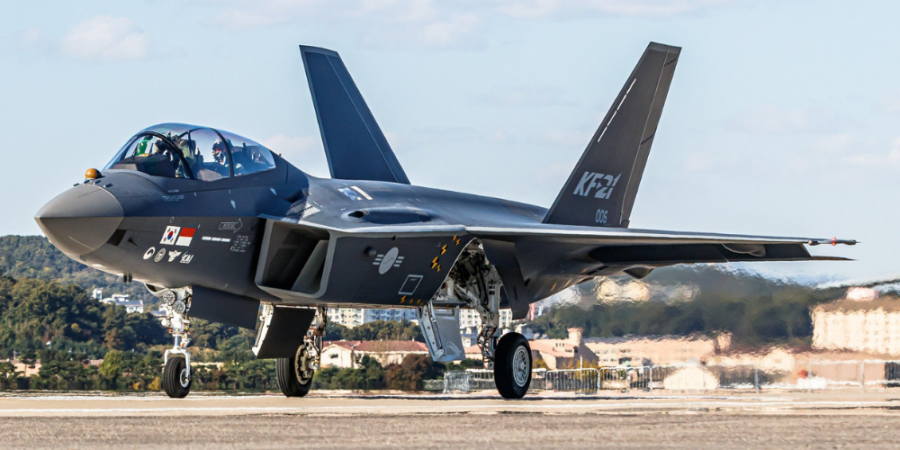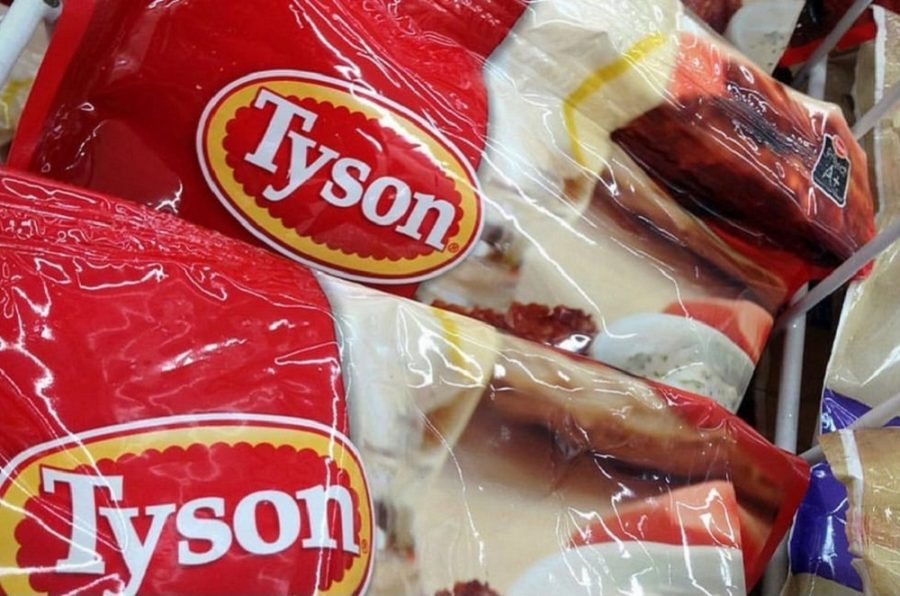A shipment of U.S.-made SUVs by Mercedes-Benz was sent back from the Chinese border by custom agents who claimed that the vehicles posed a ‘safety risk’ due a problem in their rear brakes.

In response to the latest import levies announced by Trump, China fired back with 25 per cent tariffs on $16 billion worth in American goods including automobiles
Import Tariffs Could Reach ‘Crazy Levels’
Chinese authorities announced that all American auto companies that don’t adhere to strict safety standards will not be allowed to export vehicles to China. The timing of the announcement, in the midst of an ongoing trade ware where the United States and China are continuously swatting back and forth with new import levies on products including automobiles, has raised suspicion among observers.
Joe Phillippi, an experienced automotive analyst at Wall Street and CEO of AutoTrends Consulting says that the auto industry is caught in the crosshairs of an escalating trade war between China and the United States as the two countries continue to ramp up import tariffs on each other. According to Phillippi, this tit-for-tat needs to come to an end before it reaches ‘crazy levels’.
Phillippi said that the Trump administrating is hoping to end its trade dispute with China before it levies even more import tariffs on the U.S.-based auto companies which could result in tens of thousands of job losses in the sector over the next few months.
The results could backfire on Trump and his administration just ahead of the mid-term elections. Phillippi says that both sides stand to lose from the ongoing trade dispute since China’s plans to expand its auto industry exports are also at risk of being shut down if Trump announces more tariffs against the country.
Automakers Priced Out of Chinese Market
In response to the latest import levies announced by Trump, China fired back with 25 per cent tariffs on $16 billion worth in American goods. Among these products are U.S.-made automobiles worth $10 billion that many Chinese motorists were expecting to purchase this year. The impact of the new tariffs could be staggering for automakers who already face 25 per cent tariffs on shipments reaching Chinese ports.
For example a Ford Mustang costing $35,000 can add an extra $8,750 on top of its base price once its checks through the Chinese customs. An additional 25 per cent tariff, as announced by the government recently, could double this figure, inflating the car price to over $50,000. Phillippi fears that this move could price Ford Mustang and other popular U.S. automakers out of the biggest automotive market in the world.
Ford responded to the recent tariff raises in a statement saying that the company will continue to export its automobiles out of the United States, but due to the price limitations, it will have no choice but to cut back on its export volume to China while focusing on increasing sales in other emerging markets around the globe. If Ford isn’t successful in discovering alternative markets like its competitor Mustang, the company will face tough circumstances back home.

Due to high import duties at the border, manufacturers focus on exporting pricier models which have higher profit margins
Struggle Ahead
In 2017, U.S. carmakers exported a total of 276,000 vehicles to China. Due to high import duties at the border, manufacturers mostly focused on sending out pricier models, such as Ford’s luxurious Navigator, which had higher built-in profit margins.
The Detroit carmaker is a major exporter of American vehicles to China – but it isn’t the biggest one. BMW currently holds the biggest market share in the country, but the import levies won’t have a serious impact on the automaker. BMW is one of the many companies which have set up various plants around the world to reduce production and export costs.
Many of the automaker’s international factories serve as centers for making cars like the X5 which are then distributed worldwide. Mercedes-Benz has also made a similar move by setting up a plant in Vance, Alabama to manufacture SUVs and other car-based utility vehicles which are popularly sold in the U.S. market.
The trade ware comes at a critical time for BMW which only recently approve the expansion of its biggest manufacturing complex in Spartanburg, South Carolina. The move cost the carmaker $1 billion as it hoped to create more the thousand new jobs for the production of its X7 model, which is currently the most expensive SUV being sold by BMW.










